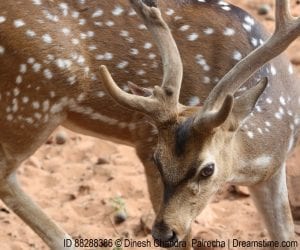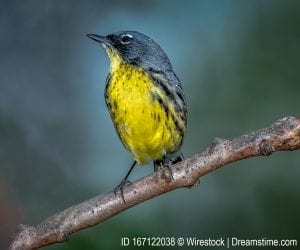The history books teach us that the Industrial Revolution ushered in new manufacturing processes, rapid economic growth, and higher standards of living. What is often neglected is a discussion of how those changes affected the natural world. While research on climate change has helped us understand the negative environmental impacts of the industrial boom, a recent Washington Post article illustrates how incomplete our understanding is.
A group of researchers were conducting a study to develop a more comprehensive knowledge of endangered species and discovered that a rapid decline of wildlife populations started about 123 years ago – during the peak of the Industrial Revolution. The technological advancements made during the Industrial Revolution, such as the creation of the factory system, allowed humans to engage in mass production of textiles. Meanwhile, the widespread adoption of steam power allowed manufacturers to quickly transport goods both over land via rail, and over the ocean on steamboats. The coinciding of the rapid decline of wildlife populations with these advancements suggests that those natural losses were caused by human impact.
This conclusion should not be too surprising. It is logical that mechanized travel, a growing population, and massively increased energy usage would have had noticeable and negative impacts on the natural world. In fact, this is the same point in time that most climate scientists regard as the start of man-made climate change.
Yet while this news is not revelatory, it is cause to reconsider the way we think about how human activity impacts our global ecosystem. Strong efforts have been made to address the issue, such as the global push to adopt renewable energy – a potent yet insufficient solution to a massive problem. As the researchers noted in the conclusion of the article, the greatest way to protect wildlife is to preserve its natural habitat. To do so requires a more conscientious attitude about how human population growth, and the rapid urbanization that comes with it, is driving our natural world to the brink.




